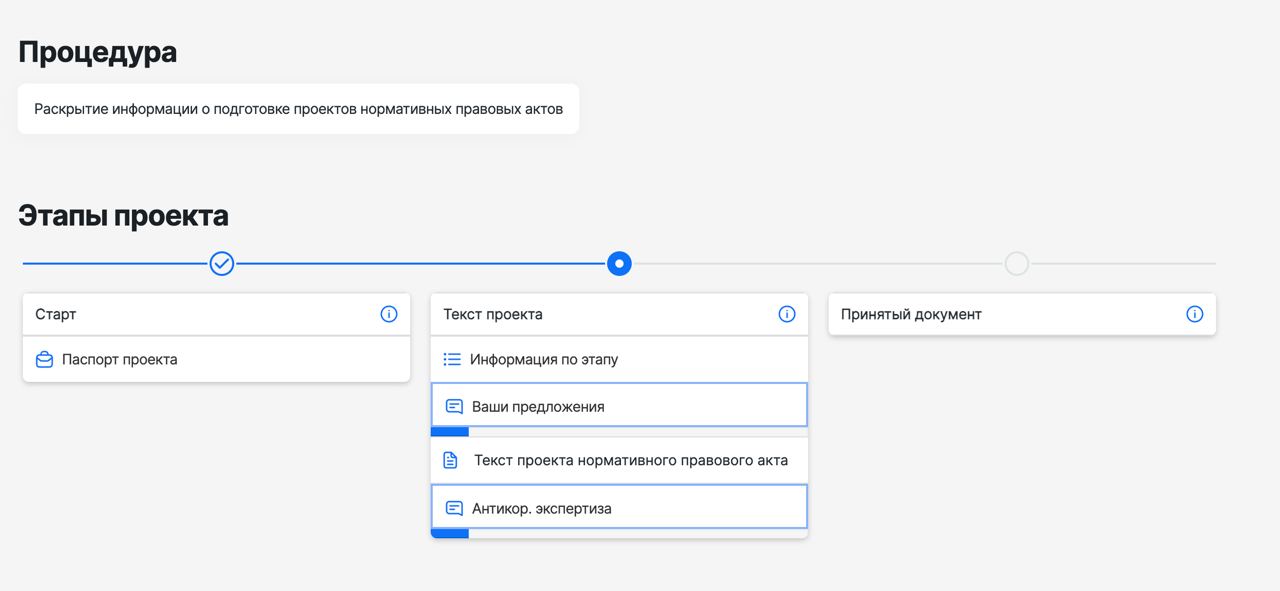The Federal Security Service (FSB) has developed an interdepartmental order to organize operational search activities and seize documents in certain cases without a court order. The draft document is published on the portal of draft regulatory legal acts. Now the draft order has been submitted for public discussion, which will last until May 29.
The possibility of an extrajudicial examination still exists, however, the order specifies the existing norms and adds a list of persons who can not take court permission, but put it before the fact, in the event of a threat of "committing a grave or especially grave crime." Also, searches without trial are possible in case of a threat to the state, military, economic, information or environmental security of Russia. How it will be established that a person can commit a crime or threaten security is not specified.
Operational-search measures mean “examination of premises, buildings, structures, terrain and vehicles,” follows from the document, which must be approved by the director of the FSB, Alexander Bortnikov. Also, in some cases, the FSB will be able to seize "suspicious" documents and objects, even those that do not relate to a specific criminal case, without a court order.
“In cases that do not tolerate delay and may lead to the commission of a grave or especially grave crime, <…> it is allowed to conduct an examination without issuing a decision to conduct an examination, with the obligatory informing of the authorized head by the official of the security body conducting the examination.”

The FSB wants to establish a list of categories of heads of the FSB bodies who will be authorized to issue rulings before the court when conducting such “surveys”. This list includes:
- Director of the FSB of Russia;
- First Deputy Director of the FSB of Russia, First Deputy Director – Head of the Border Service of the FSB of Russia,
- Secretary of State – Deputy Director of the FSB of Russia,
- Deputy Directors of the FSB responsible for organizing operational-search activities,
- heads of the FSB services carrying out operational investigative activities and their deputies responsible for organizing operational investigative activities;
- heads, heads of centers, departments, departments of the FSB of Russia, and departments, departments of services, centers of the FSB, carrying out operational-search activities, as well as their deputies responsible for organizing operational-search activities;
- heads of territorial security agencies, security agencies in the troops, border agencies and their deputies responsible for organizing operational-search activities.
One of the leaders of the FSB from the list must authorize the search, as well as notify the court of the operational search activity that has taken place within 24 hours. At the same time, searches will be able to be recorded on camera, and FSB officers will also be able not to involve two attesting witnesses if investigative actions are carried out “in hard-to-reach areas.”
Also, in order to “provide physical protection” for employees conducting searches, they want to allow the use of employees of “special purpose units of security agencies.”
Earlier in May, the FSB urged students at Penza State University to report to the university management about acquaintances whose behavior they consider “strange”. At the request of the service, an announcement was placed on the university website, according to which a “sabotage and terrorist act” is planned in the region.


